Surgical mistakes make up some of the most frequently reviewed potential medical malpractice cases. These can range from errors regarding the administration and monitoring of anesthesia, the type and length of incision, the surgery itself, and the inadvertent cutting or injuring of nerves, organs, or other vital body parts. They even encompass the post surgical care and follow up.
Serious and permanent brain injury can occur from improper administration of anesthesia. The wrong type of incision could cause unnecessary complications because of stretching or poor visual ability. Operating room equipment malfunctions also contribute to surgical errors. Moreover, errors in operation of that equipment, like prolonged use of a tourniquet without the surgeon’s knowledge during surgery, prolonged use of the bypass machine during heart surgery, all can have devastating consequences.
Importantly, not every bad result means that malpractice occurred during surgery. Unintended complications occur every day without negligence. For instance, a person could be allergic to the anesthesia and go into anaphylactic shock and die. However, there may have been no way to predict this allergy beforehand and thus a terrible outcome occurs without negligence. Infection is also a common unintended and unfortunate complication that can have devastating effects even though malpractice was not involved in the care. In infection cases, the issue frequently hinges upon the timely diagnosis and treatment regime instituted for the infection. Additionally, the organism causing the infection should be cultured and matched with the appropriate antibiotic which will be the most effective against that organism.
Often, the seriousness and permanence of the injury dictate whether the medical care was substandard. For instance, during surgery, a nerve might be injured by the surgeon. This can occur in a number of ways including the compression of the nerve by a surgical instrument or by stretching of the nerve during the surgery. Generally, a nerve injury caused by this mechanism is not considered malpractice. However, if a nerve is completely severed or transected, then that is usually considered malpractice. Also, with respect to inadvertent scalpel cuts to the tissues or organs, whether medical negligence is involved frequently centers around the proximity of the injury to the operative site. Generally, the more remote in distance the injury is from the operative site, the more likely medical negligence was involved.
Post surgical follow up care can also give rise to allegations of substandard care. The surgeon must be attentive to the patient and provide them with the proper monitoring following surgery until discharge from the hospital. If signs and symptoms are not addressed in a timely fashion, the patient can suffer severe consequences.
The key to distinguishing between a bad outcome arising out of negligence and a bad outcome arising out of an unintended, but known and accepted risk of surgery, lies in the review of the records by a qualified surgeon. If you or someone you know feels they have been the victim of surgical malpractice, call The Cochran Firm Metairie toll free at 1-866-599-0022 for your free consultation.
